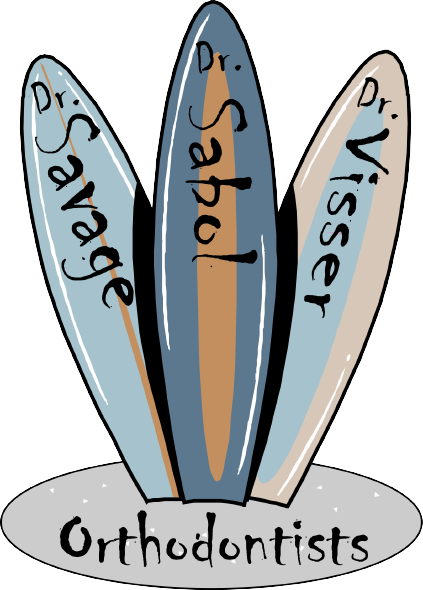 Many people have issues with their teeth that they wish to fix at home rather than with orthodontic care. One of the biggest problems we see our patients come in for is an overbite. But, how is this seemingly inconspicuous jaw misalignment treated? Let’s take a deeper dive into the average overbite.
Many people have issues with their teeth that they wish to fix at home rather than with orthodontic care. One of the biggest problems we see our patients come in for is an overbite. But, how is this seemingly inconspicuous jaw misalignment treated? Let’s take a deeper dive into the average overbite.
What is an Overbite?
An overbite is a common problem with jaw misalignment and is characterized by the upper teeth protruding over the bottom teeth. According to a study done by the American Dental Association, nearly 70 percent of children exhibit the signs of having an overbite. The average overbite can often cause the lower teeth to bite into the upper palate or gum tissue behind the upper front teeth, causing some discomfort and damage to occur. Each overbite is different and can either be due to teeth misalignment or jaw misalignment.
What Causes an Overbite?
There are many different causes an overbite may occur, the most common of which is genetics. Another leading cause of an overbite in patients is a poor childhood habit that persisted over time, such as thumb sucking, pacifier use, and pushing the tongue up against the back of the front teeth. In teens and adults, nervous habits like nail-biting and chewing on pens or pencils can cause an overbite to form. Less common causes of an overbite include grinding your teeth and TMJ, both of which have a slow but negative effect on the teeth and jaws.
How are Overbites Corrected?
While the average overbite is made at home, it cannot be corrected with home-remedies. The best and most efficient way to treat an overbite is through orthodontic treatment. We recommend patients use braces and a retainer to correct their overbite.
Braces
Traditional metal braces are the most common and most efficient orthodontic treatment to correct an overbite. Metal braces use small metal brackets strung together with thin, metal wire to correct the teeth and jaw’s alignment.
Retainer
After you get your braces off, it’s important you wear a retainer to maintain the results of your orthodontic treatment. Neglecting to wear your retainer may cause your teeth and jaw to shift over time, disrupting your corrected overbite.
What Happens if I Don’t Treat My Overbite?
If you don’t correct your overbite with orthodontic treatment, you may end up suffering from tooth decay, jaw pain, discomfort while eating, difficulty speaking and trouble fully closing your mouth. In cases of a severe overbite, patients have reported severe headaches, breaking teeth and difficulty speaking.
It’s time you finally fix your overbite. Call our office to schedule your consultation with Drs. Savage, Sabol and Visser and start your affordable personalized orthodontic treatment today.












